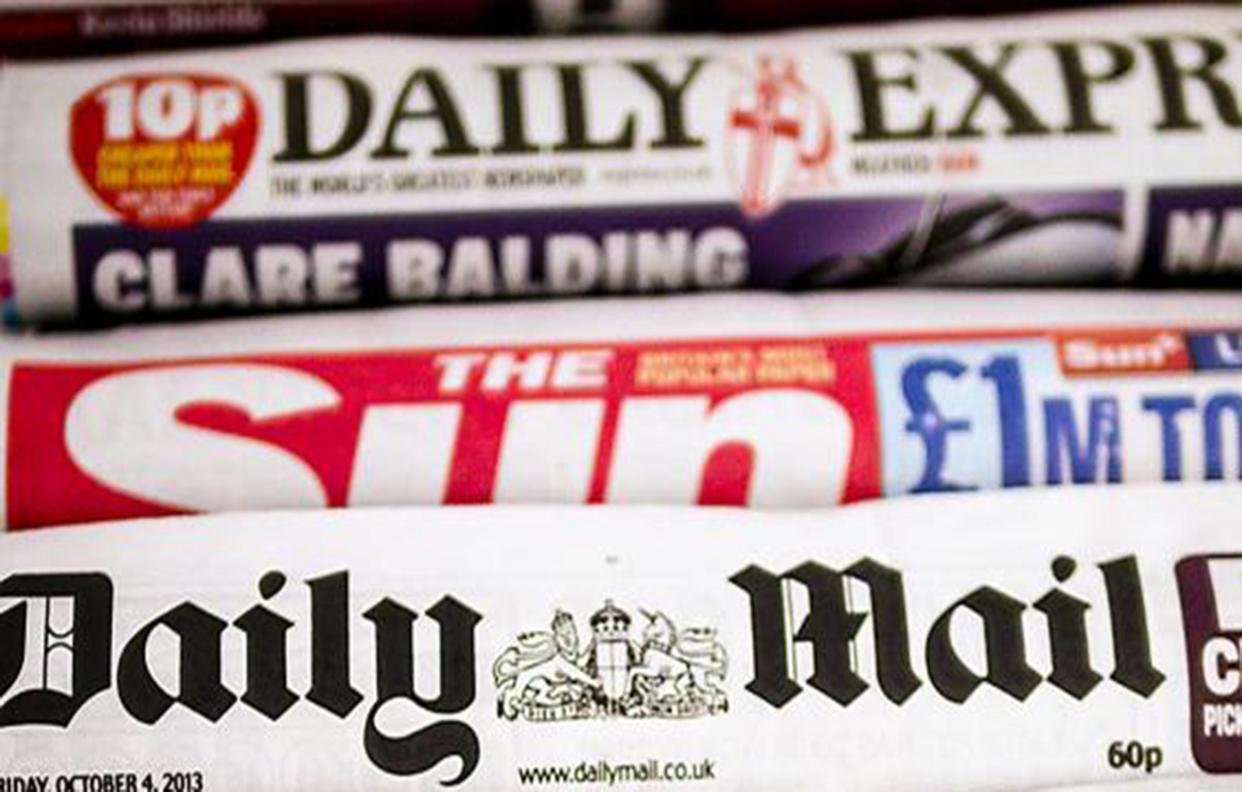People who read the news more likely to be Islamophobic, study finds

People who read the news are more likely to feel angry towards Muslims, a new study has found.
Whether liberal or conservative, researchers found more avid news consumers showed both increased anger and reduced warmth towards members of the Islamic faith.
The findings, based on responses from 16,584 New Zealanders from the New Zealand Attitudes and Values Study (NZAVS), were published in leading international science journal PLOS ONE.
The authors said it showed widespread representations of Muslims in the news were contributing to lower acceptance.
The fact that the study was was based on New Zealanders, who are generally “highly tolerant”, made it particularly poignant, the authors said.
“People tend to interpret the news in ways that fit with their pre-existing biases, seeking affirmation of their beliefs while discounting conflicting information," said lead author Dr John Shaver, a lecturer at the University of Otago.
”New Zealand is a good test for speculation about media-induced Muslim prejudice because of its overall highly tolerant people. If anything, tolerant Kiwis might tend to reject intolerant stereotypes, reducing the effect of the media.
"However we find that the association of prejudice towards Muslims with more media exposure holds across the political spectrum, and is specific to Muslims.
"This indicates that it is widespread representations of Muslims in the news that is contributing to lower Muslim acceptance, rather than any partisan media bias. The media, regardless of politics, tend to publish violent stories because violence sells.”
The reports co-author, Professor Joseph Bulbulia of Victoria University of Wellington, added: “Sadly, there may be real-world consequences for Muslims in this country, people who encounter prejudice across their daily routines, at the workplace, and in their children's schools.
"Though un-making prejudice is difficult, we hope these results challenge the media to present fairer representations of Muslims."

 Yahoo News
Yahoo News 
